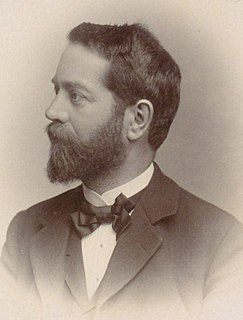Top 12 Quotes & Sayings by Felix Klein
Explore popular quotes and sayings by a German mathematician Felix Klein.
Last updated on April 17, 2025.
The presentation of mathematics in schools should be psychological and not systematic. The teacher, so to speak, should be a diplomat. He must take account of the psychic processes in the boy in order to grip his interest, and he will succeed only if he presents things in a form intuitively comprehensible. A more abstract presentation is only possible in the upper classes.























